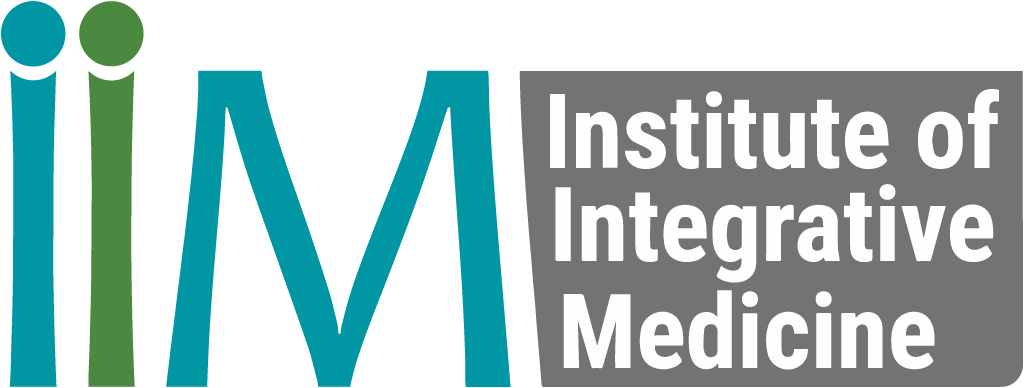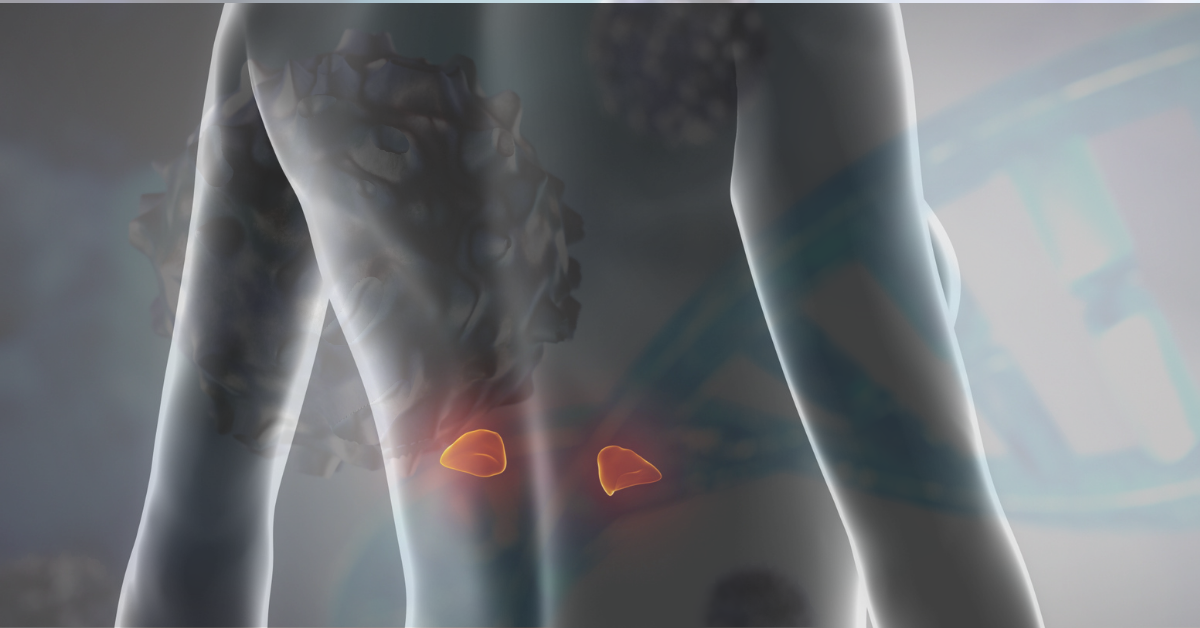Hormone Harmony: Tuning Out Cancer
While achieving a perfect hormonal balance isn’t a guaranteed shield against cancer, understanding how hormones influence the disease empowers us to make informed choices. By prioritising a balanced diet, regular exercise, stress management, and adequate sleep, we actively contribute to both reducing cancer risk and fostering overall well-being. Remember, individual risk factors vary, but striving for holistic balance empowers us to navigate the path to wellness effectively.
Striving for “hormonal harmony” sounds idyllic, but can it truly shield us from the looming threat of cancer? While the relationship between hormones and cancer is complex and constantly evolving, it’s undeniable that these powerful chemical messengers play a significant role in our physiology. From oestrogen’s influence on breast tissue to the complex interplay of hormones in prostate health, understanding this connection empowers us to navigate our health journey with informed choices.
Hormones: Understanding Their Role in Well-being
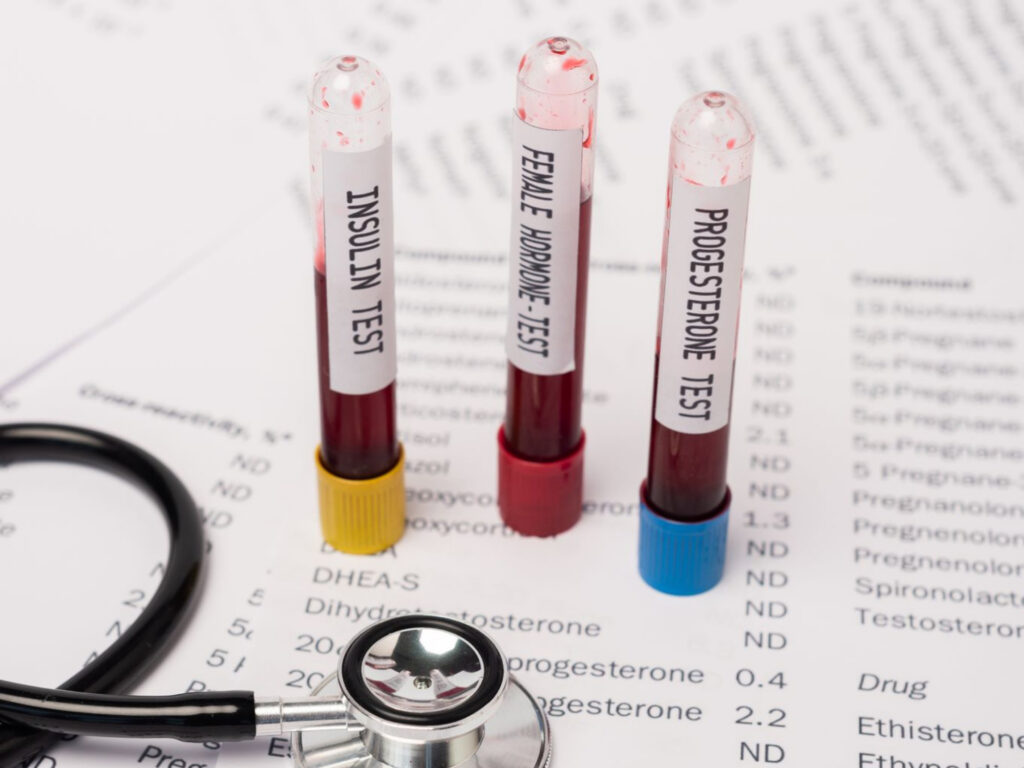
Hormones work as chemical messengers, influencing many bodily functions and contributing to overall wellbeing. They regulate everything from growth and development to metabolism, mood, and sexual function. Any hormonal imbalance can cause various health issues, so understanding their role is crucial for maintaining optimal health.
An overview of hormones:
- Hormones and their complex interplay: Different hormones influence each other, creating a delicate balance. There can be imbalances caused by various factors, including age, lifestyle choices, medications, and underlying medical conditions.
- Physical and mental health: Hormones impact energy levels, sleep patterns, appetite, mood, and cognitive function. Imbalances can manifest in symptoms like fatigue, anxiety, depression, and difficulty concentrating.
- Hormonal balance and overall well-being: The right balance is achieved through healthy lifestyle choices such as a balanced diet, regular exercise, quality sleep, and stress management. In some cases, pharmacological interventions may be necessary to address hormonal imbalances.
Understanding the Hormonal Cancer Connection
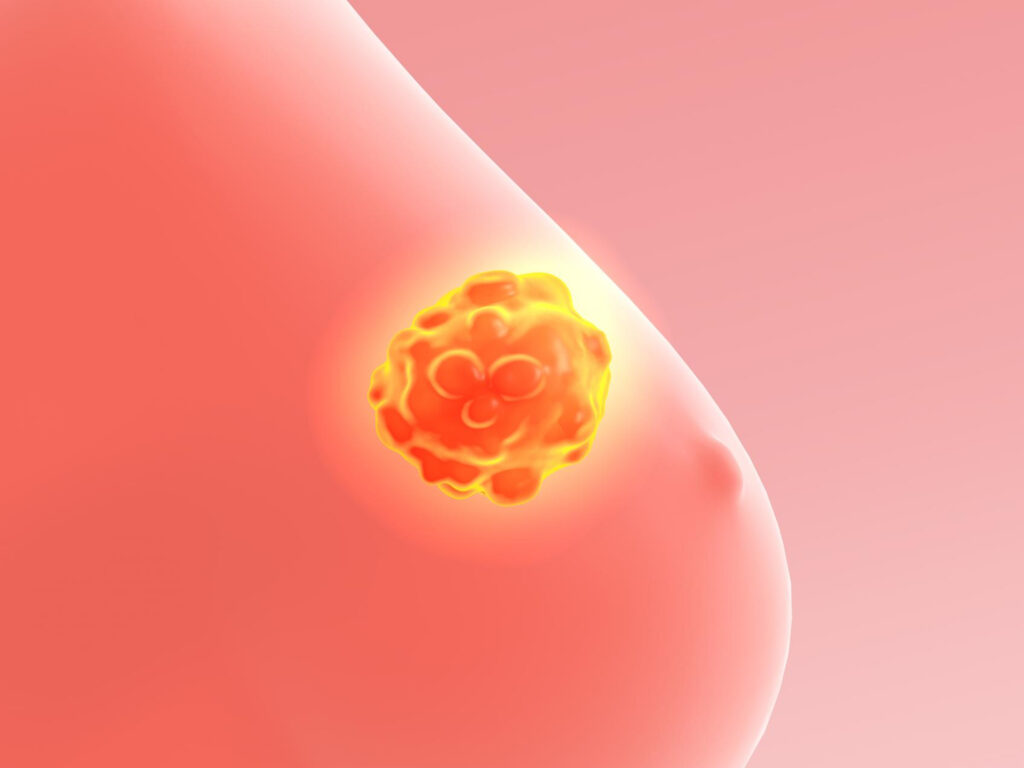
The hormonal landscape of different cancers plays a crucial role in development and progression. In breast cancer, oestrogen, specifically estradiol, acts as a fuel source for certain types of tumours by binding to oestrogen receptors. For this reason, certain breast cancer treatments focus on blocking oestrogen production or its ability to bind to receptors. Conversely, prostate cancer often relies on testosterone for growth. Treatments here might involve lowering testosterone levels or preventing its actions. However, the hormonal picture extends beyond these two simple examples. Other hormones like progesterone, growth hormone, and insulin-like growth factor also influence various cancers, sometimes in complex and unpredictable ways. Additionally, not all cancers within a specific type are driven by the same hormones, making the picture even more intricate.
While the exact mechanisms are multifaceted and vary by cancer type, hormonal imbalances contribute to both cancer risk and progression in several ways. Certain hormones act as “fuel” for some cancer cells, promoting their growth and division. Imbalances leading to an excess of these hormones may create a favourable environment for cancer development. Secondly, hormonal fluctuations may disrupt cell repair mechanisms, making cells more susceptible to mutations that lead to cancer. Some cancers themselves can produce hormones, further disrupting hormonal balance and accelerating their own growth. It’s critical to remember that hormonal imbalances are just one piece of the complex puzzle of cancer, and individual risk factors vary greatly. However, understanding this potential link highlights the importance of maintaining balanced hormones through healthy lifestyle choices.
Maintaining Harmony – An Integrative Approach
Based on the understanding of hormonal influences, an integrative approach to cancer offers a comprehensive perspective, focusing not just on treating the disease but also on optimising hormonal balance and overall well-being. The process goes beyond just treating the disease itself. It focuses on the whole person, aiming to boost quality of life and well-being throughout a patient’s cancer journey. The goal is to combine conventional treatments like surgery, chemotherapy, and radiation with evidence-based complementary therapies and lifestyle modifications. Complementary therapies address various areas, from managing physical side effects like fatigue and pain to supporting emotional and mental well-being through mindfulness practices or massage therapy.
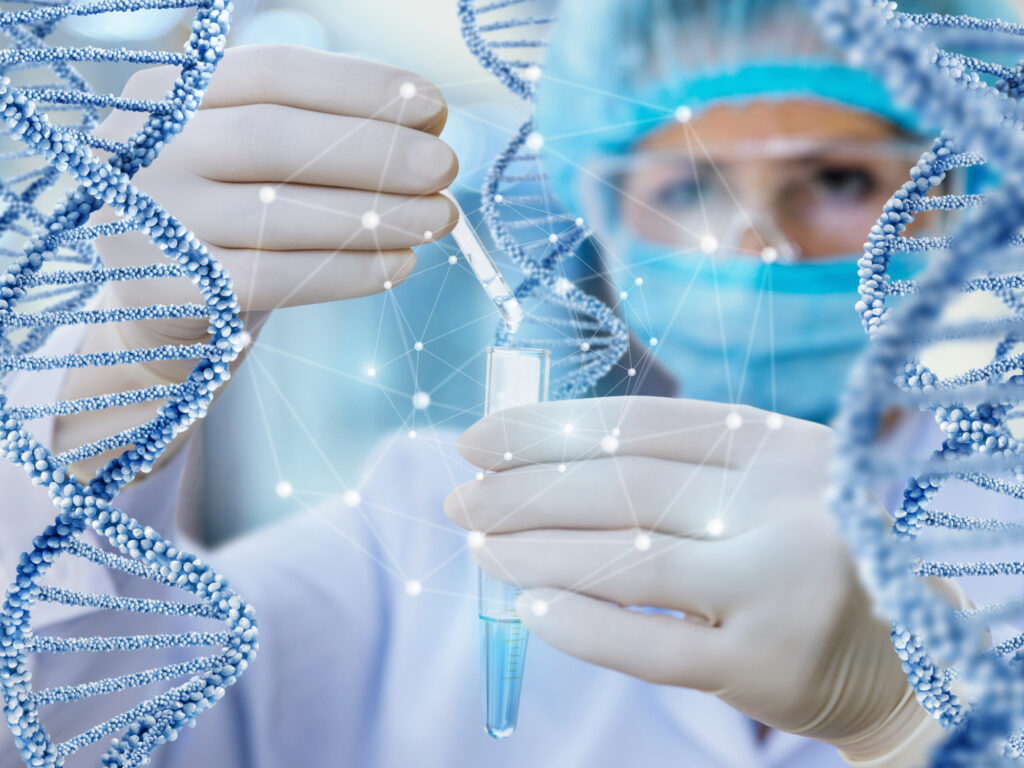
Additionally, dietary changes, exercise programs, and stress management techniques can empower patients to actively participate in their healing process. This holistic approach recognises the interconnectedness of physical, mental, and emotional health. By doing so, it enhances a patient’s strength, resilience, and ability to cope with the challenges of cancer. Intriguingly, the holistic lifestyle and dietary modifications emphasised in integrative medicine hold the potential to influence gene expression through epigenetic mechanisms. Epigenetics refers to the dynamic layer of regulation that governs how our genes are utilised, impacting various cellular processes, including those implicated in cancer development and progression. By delving deeper into this fascinating realm through resources like the IHP Program’s Cancer module, we can unlock novel therapeutic avenues that complement traditional cancer management strategies.
Dietary Strategies
While certain food options and nutritional plans cannot cure cancer or guarantee hormonal balance, they can support overall health and vitality. Choosing a balanced diet rich in fruits, vegetables, whole grains, and lean protein provides essential nutrients that help with cell repair, immune function, and hormone regulation. Conversely, limiting processed foods, excessive sugar, and unhealthy fats can reduce inflammation – a risk factor for various diseases. In particular, Mediterranean dietary patterns, which are rich in antioxidants and healthy fats, have shown potential benefits in cancer prevention and managing hormone-related conditions like PCOS.
Lifestyle Adjustments
Exercise, sleep, stress management, and mindfulness practices aren’t just about feeling good; they modify the balance of hormones in our bodies, potentially influencing cancer risk. Regular physical activity regulates insulin and oestrogen levels, both linked to certain cancers. Adequate sleep promotes melatonin production, reducing the growth of tumours.
Mind-Body Balance

Stress management techniques like yoga or meditation can lower cortisol, a hormone associated with inflammation and cell proliferation, and a key player in cancer development. Practising mindfulness, by cultivating awareness and reducing reactivity, can further support stress reduction and emotional well-being. While research is ongoing, incorporating these healthy habits offers a powerful, proactive approach to hormonal balance and potentially contributes to reduced cancer risk. Additionally, understanding the nuances of cancer hormone treatment empowers patients to participate actively in treatment decisions, potentially improving outcomes and quality of life. As part of the IHP training program, a comprehensive cancer-specific integrative protocol is provided.
Why Personalised Cancer Treatment Matters
In the fight against cancer, a one-size-fits-all approach isn’t enough. Each patient’s journey is unique, shaped by factors like age, overall health, tumour characteristics, and even personal preferences. Tailoring treatment strategies to individual needs and circumstances is crucial for maximising effectiveness and minimising side effects. This personalised approach considers not just the cancer itself, but also the patient’s emotional well-being, support system, and lifestyle. By understanding these individual factors, medical professionals can recommend treatments that are medically sound, feasible and well-tolerated. Patients benefit from better outcomes and a more positive treatment experience.
Conclusion
While achieving “hormonal harmony” isn’t a guaranteed shield, understanding the multifaceted role of cancer hormones empowers us to make informed choices that contribute to overall well-being and potentially reduce cancer risk. From maintaining a balanced diet and exercising regularly to managing stress and getting enough sleep, we are actively reducing cancer risks and fostering overall well-being. Remember, hormonal imbalances are just one piece of the puzzle, and individual risk factors vary greatly. Even so, by striving for balance within ourselves – physically, mentally, and emotionally – we can provide the best possible tools for navigating the road to wellness. Personalised cancer treatment that recognises the unique needs of each individual is crucial for maximising effectiveness and minimising the impact of this complex disease. Let’s continue to explore and embrace the power of integrative approaches, empowering ourselves and each other to face cancer with informed choices and proactive well-being.
How do I Become a Functional Medicine Practitioner to learn more about Hormones and Cancer?
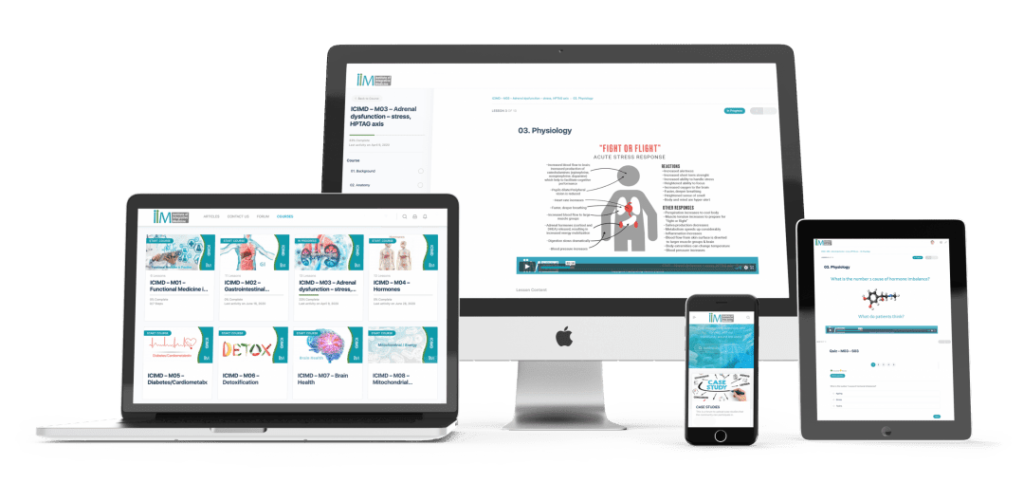
The Institute of Integrative Medicine is a global leader in the field of Integrative Medicine Education. Integrative medicine aims to be at the forefront of modern technology and new discoveries and focuses on the root cause of disease. Hormonal imbalances are emerging as critical players in both the initiation and progression of various cancers. Gaining a deeper understanding of this intricate link empowers you to provide personalised, evidence-based guidance to your patients on their journey to optimal health. We offer certified online courses helping you to take charge of your practice and improve the quality of life for your patients. Find out more about the courses we offer today!
